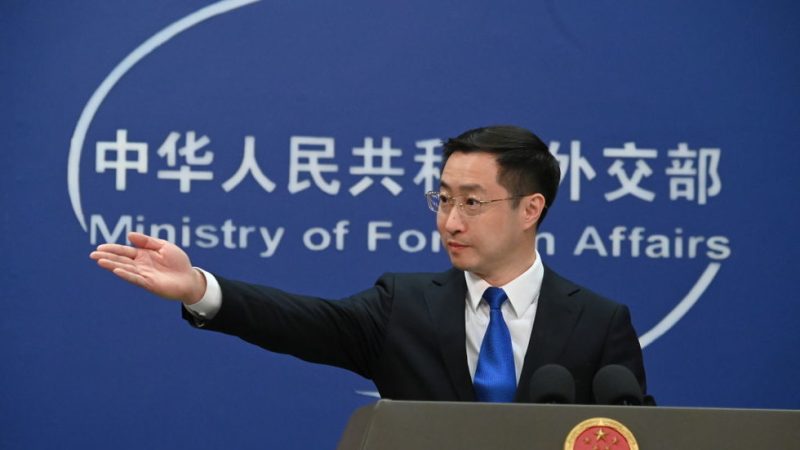
The recent announcement of new US tariffs on Chinese goods has ignited a firestorm of international criticism, with China leading the charge. Beijing has vehemently denounced the move, labeling it ‘economic bullying’ and a significant threat to global stability. This isn’t just a trade dispute; it’s a clash of economic ideologies and a potential harbinger of a protracted trade war with far-reaching consequences.
The Chinese government argues that these tariffs are a blatant attempt to undermine China’s economic growth and unfairly target its industries. They contend that such protectionist measures violate the principles of fair trade and will ultimately harm both American consumers and the global economy. Statements from Chinese officials emphasize the destabilizing effects of these tariffs, suggesting they could trigger retaliatory measures and escalate tensions between the world’s two largest economies.
However, the US administration defends its actions, arguing that the tariffs are necessary to protect American industries from what it considers unfair trade practices by China. The focus is often on issues such as intellectual property theft, forced technology transfers, and massive trade imbalances. Proponents of the tariffs believe they are a necessary tool to level the playing field and ensure fair competition.
The situation is far from simple. Economists hold differing views on the potential impact of these tariffs, with some predicting significant negative consequences for global growth, while others argue that strategically targeted tariffs can be beneficial in specific circumstances. The long-term effects remain uncertain, but the immediate impact is already being felt in the form of rising prices for consumers and increased uncertainty in global markets.
This escalating trade conflict highlights the complex interplay between economics and geopolitics. It’s a reminder that trade is not just about numbers and statistics; it’s deeply intertwined with national interests, political power, and international relations. The coming months will be critical in determining the trajectory of this dispute and its ultimate impact on the global economy. Will diplomacy prevail, or will we witness a full-blown trade war with potentially devastating consequences?









